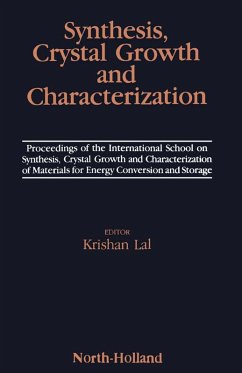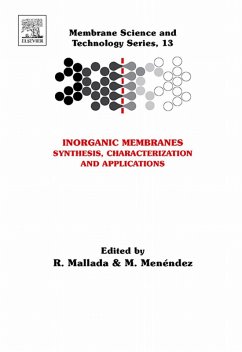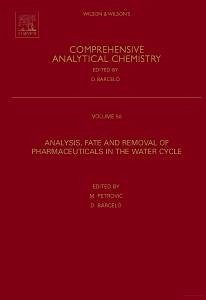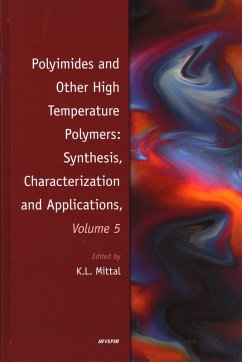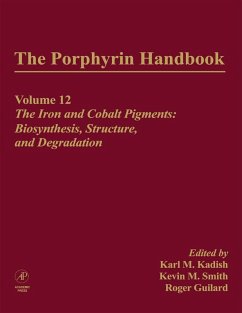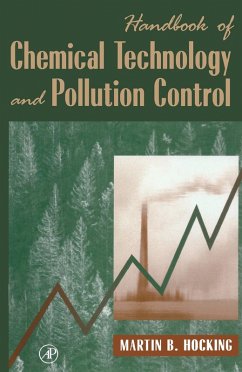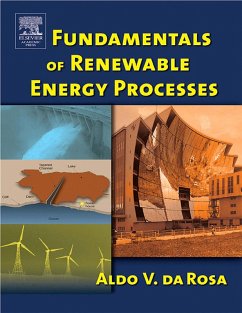
Analysis, Synthesis, and Design of Chemical Processes (eBook, PDF)
Analy Synth Desig Chemi Pr_5
Versandkostenfrei!
Sofort per Download lieferbar
98,95 €
inkl. MwSt.
Weitere Ausgaben:

PAYBACK Punkte
49 °P sammeln!
The Leading Integrated Chemical Process Design Guide: With Extensive Coverage of Equipment Design and Other Key TopicsMore than ever, effective design is the focal point of sound chemical engineering. Analysis, Synthesis, and Design of Chemical Processes, Fifth Edition, presents design as a creative process that integrates the big-picture and small details, and knows which to stress when and why. Realistic from start to finish, it moves readers beyond classroom exercises into open-ended, real-world problem solving. The authors introduce up-to-date, integrated techniques ranging from finance to...
The Leading Integrated Chemical Process Design Guide: With Extensive Coverage of Equipment Design and Other Key Topics
More than ever, effective design is the focal point of sound chemical engineering. Analysis, Synthesis, and Design of Chemical Processes, Fifth Edition, presents design as a creative process that integrates the big-picture and small details, and knows which to stress when and why. Realistic from start to finish, it moves readers beyond classroom exercises into open-ended, real-world problem solving. The authors introduce up-to-date, integrated techniques ranging from finance to operations, and new plant design to existing process optimization.
The fifth edition includes updated safety and ethics resources and economic factors indices, as well as an extensive, new section focused on process equipment design and performance, covering equipment design for common unit operations, such as fluid flow, heat transfer, separations, reactors, and more.
This text draws on a combined 55 years of innovative instruction at West Virginia University (WVU) and the University of Nevada, Reno. It includes suggested curricula for one- and two-semester design courses, case studies, projects, equipment cost data, and extensive preliminary design information for jump-starting more detailed analyses.
More than ever, effective design is the focal point of sound chemical engineering. Analysis, Synthesis, and Design of Chemical Processes, Fifth Edition, presents design as a creative process that integrates the big-picture and small details, and knows which to stress when and why. Realistic from start to finish, it moves readers beyond classroom exercises into open-ended, real-world problem solving. The authors introduce up-to-date, integrated techniques ranging from finance to operations, and new plant design to existing process optimization.
The fifth edition includes updated safety and ethics resources and economic factors indices, as well as an extensive, new section focused on process equipment design and performance, covering equipment design for common unit operations, such as fluid flow, heat transfer, separations, reactors, and more.
- Conceptualization and analysis: process diagrams, configurations, batch processing, product design, and analyzing existing processes
- Economic analysis: estimating fixed capital investment and manufacturing costs, measuring process profitability, and more
- Synthesis and optimization: process simulation, thermodynamic models, separation operations, heat integration, steady-state and dynamic process simulators, and process regulation
- Chemical equipment design and performance: a full section of expanded and revamped coverage of designing process equipment and evaluating the performance of current equipment
- Advanced steady-state simulation: goals, models, solution strategies, and sensitivity and optimization results
- Dynamic simulation: goals, development, solution methods, algorithms, and solvers
- Societal impacts: ethics, professionalism, health, safety, environmental issues, and green engineering
- Interpersonal and communication skills: working in teams, communicating effectively, and writing better reports
This text draws on a combined 55 years of innovative instruction at West Virginia University (WVU) and the University of Nevada, Reno. It includes suggested curricula for one- and two-semester design courses, case studies, projects, equipment cost data, and extensive preliminary design information for jump-starting more detailed analyses.
Dieser Download kann aus rechtlichen Gründen nur mit Rechnungsadresse in A, B, BG, CY, CZ, D, DK, EW, E, FIN, F, GR, HR, H, IRL, I, LT, L, LR, M, NL, PL, P, R, S, SLO, SK ausgeliefert werden.




